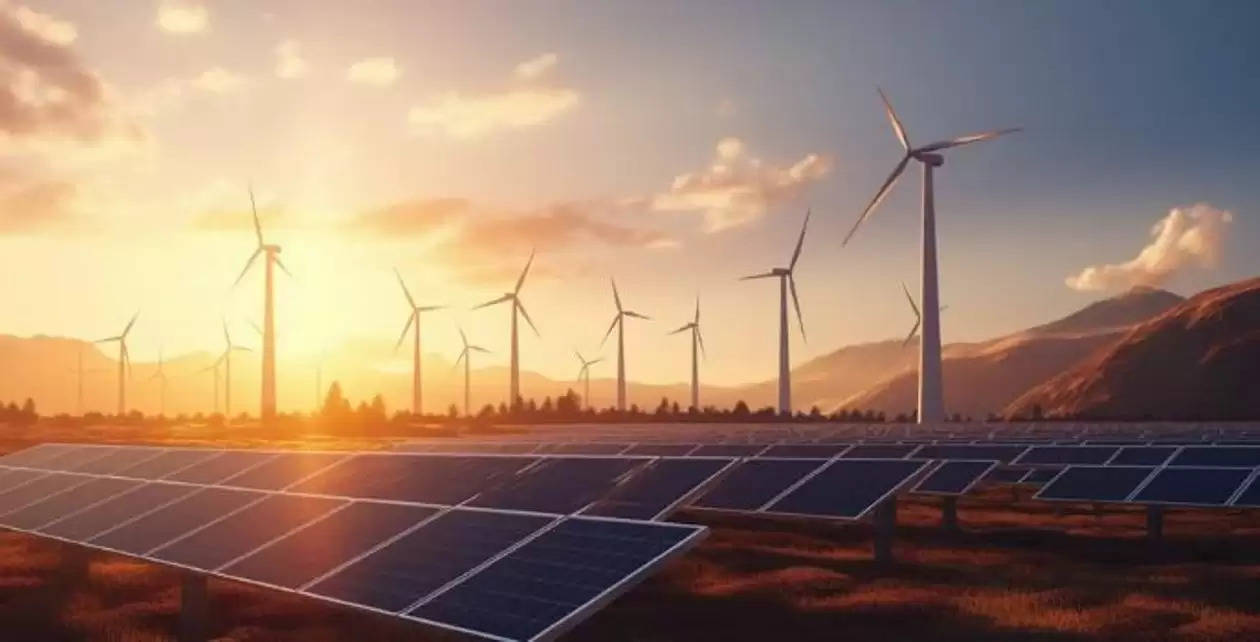New Renewable Policy: State cut development fees by 50%
Big plan to produce 90 gigawatts of renewable energy by the year 2030
The state government has decided to make things easier for renewable energy developers. They have cut the fees they have to pay by half. This is part of their big plan to produce 90 gigawatts of renewable energy by the year 2030. That is a significant chunk of the country's goal of having 500 gigawatts of green energy by the same year. In addition to reducing fees, the government is also offering special rewards for projects related to pumped storage hydropower, green hydrogen, and pumped storage hydropower. They have put together a set of rules to help them achieve this ambitious target.
Rajasthan Renewable Energy Corporation Ltd managing director Anil Dhaka said, "The target of 90GW is backed by a strong policy push. The government has given high priority to new technologies like green hydrogen, pumped storage hydropower and waste to energy to expand the renewable footprint."
The government recently made changes to the 2019 laws about solar and wind energy, and these changes are now part of the new Renewable Energy Policy in 2023. These changes were approved by the state Cabinet. One of the big changes is how they collect money for the Rajasthan Renewable Energy Development Fund. Before, they collected money based on how much energy was generated, but now they will collect it based on how the land is used for renewable energy projects.
The new policy, which hasn't been officially announced yet, is expected to impose a development fee of Rs 50,000 per hectare, according to sources. In the solar energy industry, it's estimated that you need about two hectares of land to install a 1 megawatt solar power plant. With the new fee structure, this would amount to Rs 1 lakh per year. Previously, developers had to pay Rs 2 lakh annually, so this change will reduce their annual fees to Rs 1 lakh. Although there has been a bit of a slowdown in recent months, the industry is confident that this is just a temporary dip. They believe that developers will eventually return to the state.
Sunil Bansal, president of Rajasthan Solar Association, said, "We expect the target of 90GW to be achieved much be- fore the 2030 target given the current global trends and the potential of Rajasthan. In fact, we at RSA have set a target of 100 GW which is realistic. The world is moving fast on renewables and Rajasthan will play a crucial role in the energy transition."
To join us on Facebook Click Here and Subscribe to UdaipurTimes Broadcast channels on GoogleNews | Telegram | Signal



